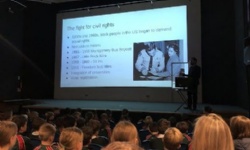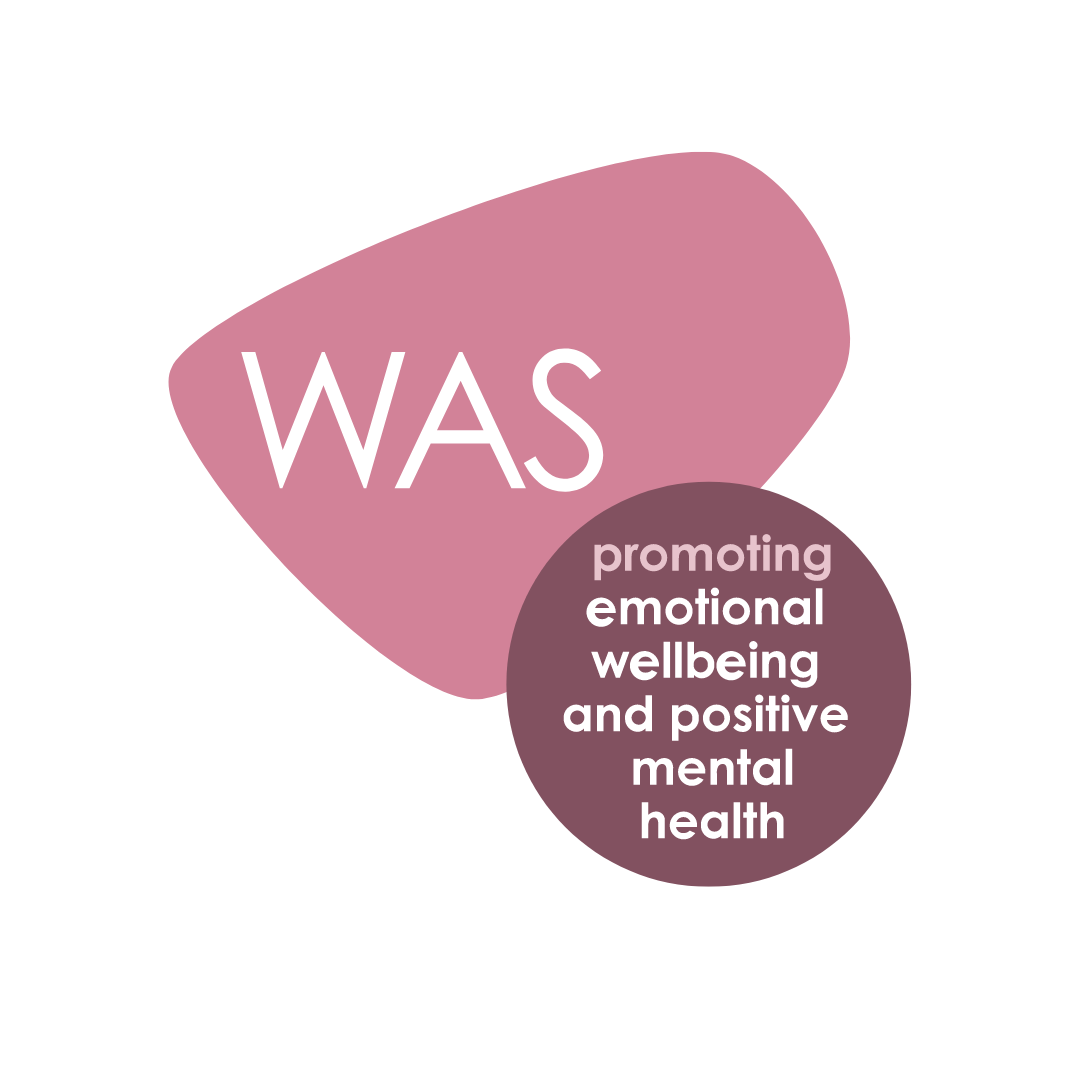Black History Month

Today's assembly held a profound significance as we commemorated the 60th anniversary of 'The March on Washington.' It was a momentous event in the history of the United States and the broader global struggle for civil rights. Approximately 250,000 individuals converged on the nation's capital, Washington D.C., for a peaceful march that would leave an indelible mark on the course of history.
The 1960s were a time of intense racial segregation and discrimination in the United States. African Americans were subjected to systemic racism, denied access to basic rights, and marginalised in many aspects of life. 'The March on Washington' emerged as a beacon of hope, unity, and a resounding call for justice and equality.
One of the most iconic moments in the history of the Civil Rights movement occurred during this march. Dr. Martin Luther King Jr., a charismatic and inspirational leader, took the stage in front of the Lincoln Memorial to deliver his legendary 'I Have a Dream' speech. In this speech, he eloquently articulated his vision for a world where individuals would be judged by the content of their character rather than the colour of their skin. It was a powerful and moving call for racial harmony, social justice, and equality. Dr. King's words reverberated not only through the crowd gathered that day but also through the corridors of history, inspiring countless generations to come.
During our assembly, we watched a video featuring a portion of Dr. King's 'I Have a Dream' speech. It's difficult not to be moved by the depth of his message and the power of his oratory. Dr. King's dream was not just a dream for African Americans but a dream for a world where everyone, regardless of their race, could live in harmony and enjoy the same rights and opportunities.
We then engaged in a thoughtful discussion about the enduring message and impact of Dr. King's words. We explored how dreams have the remarkable ability to kindle hope, motivate change, and transform societies. Just as Dr. King's dream pushed forward the Civil Rights movement, we encouraged the children to nurture their own dreams.
Our hope is that these young minds will become beacons of change in their own right. By fostering their dreams, we believe they can contribute to making the world a better place for all. Whether it's advocating for social justice, championing environmental conservation, or pursuing any other noble cause, these dreams are the driving force behind positive change.
Today's assembly was not just a history lesson but a call to action. It served as a reminder of the power of dreams and the importance of working towards a world where everyone can live in equality and harmony. By honouring the legacy of 'The March on Washington' and Dr. Martin Luther King Jr., we hope to inspire our children to dream big and work towards a brighter, more inclusive future.










